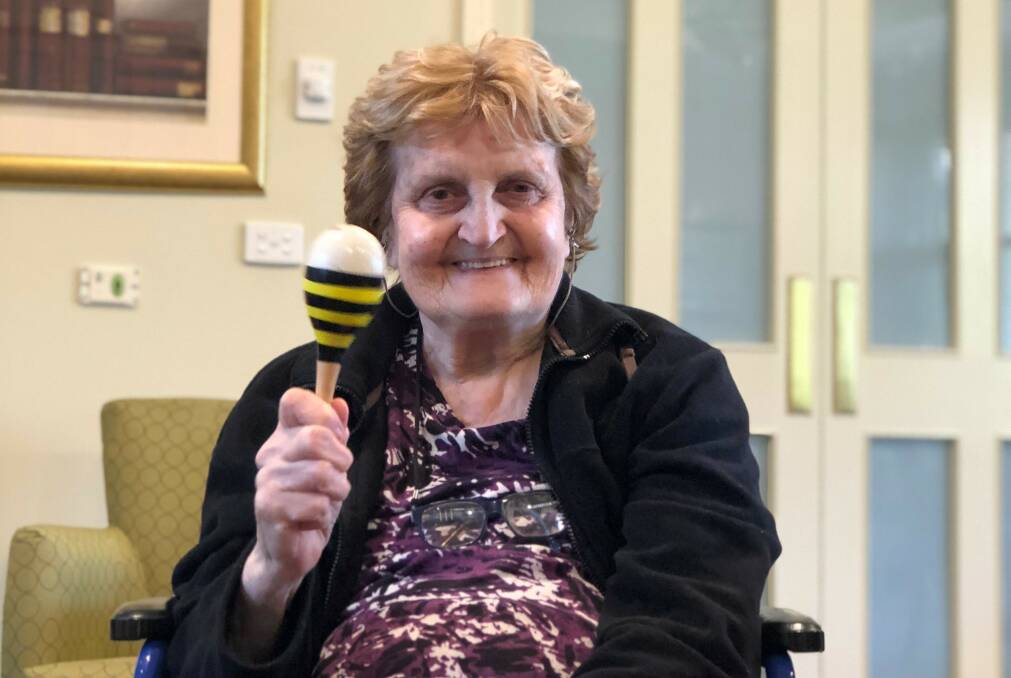
THE world’s largest music therapy trial targeting depression in people with dementia is being undertaken by Melbourne researchers.
Create a free account to read this article
$0/
(min cost $0)
or signup to continue reading
The team from the University of Melbourne will work with aged care residents and their carers on the new global study, looking at using music to treat people with depression and dementia.
It involves 500 participants across nine countries living with dementia. A third will be from Australia, with the University of Melbourne working with 500 participants in 40 residential aged care facilities in Melbourne, Sydney and Brisbane.
The three-year study began at Bupa’s Berwick and Greensborough homes and will extend to another 38 facilities across the country.
The additional 1000 participants will be recruited from five countries in Europe.
University of Melbourne Head of Music Therapy, Felicity Baker, said the project has been funded by a $1 million grant from the National Health and Medical Research Council.
“Those involved in the Music Interventions for Depression and Dementia in the Elderly (MIDDEL) study will receive group music therapy, recreational choir singing, a combination of both group and choir therapy or their usual in-home care,” Professor Baker said.
“Music is connected to memories, which is how the residents are able to sing along to the lyrics and, in some cases, start moving when music begins.”
Professor Baker said music can stimulate recall of memories associated with happy times, known as the reminiscence bump.
“These might include a first love, a wedding, a graduation or any key milestones from their life.
“Music can really help promote a sense of identity, a sense of self-esteem.”
‘Great to see’
Trevor Heydon, whose mother Josie is participating at Greensborough, said he has already seen changes in her levels of interaction and happiness.
“I have been sitting in on some sessions and I can tell it has improved her mood,” he said.
“She is opening herself up and getting around more instead of just sitting in the room.
“She is singing along to songs from the ‘30s, ‘40s and ‘60s … she gets a bit of a laugh out of it and that has been a great thing to see.”

